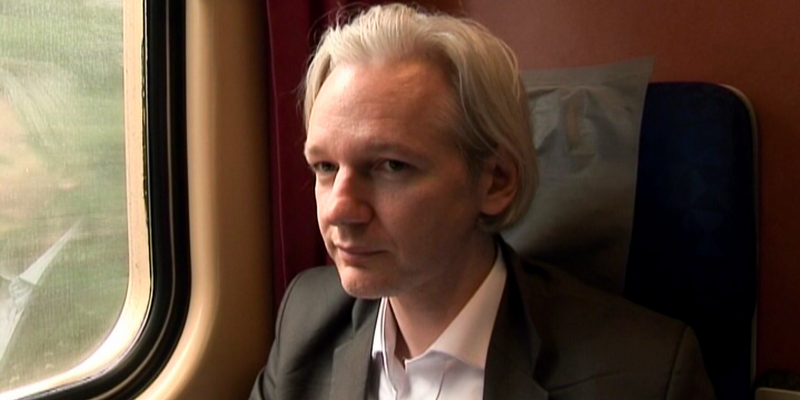
November 12, 2013, by Rob
Doing the Business 2013 – We Steal Secrets: The Story of Wikileaks
Founded by the Australian ‘Internet Activist’ Julian Assange, Wikileaks (not affiliated with Wikipedia!) claims to bring “important news and information to the public” whilst ensuring that “journalists and whilstleblowers are not jailed for emailing sensitive or classified documents”. A safe haven for would-be corporate or government whistleblowers (e.g. US army private Manning) Wikileaks has been credited with leaking secret information about the torture of prisoners at Guantanamo Bay, tax evasion of some Swiss banks, the collapse of the Icelandic financial system, failed military strikes and ‘friendly’ fire incidents, as well as a range of diplomatic ‘cable’ leaks. From an ethics point of view, Wikileaks, and the practice of whistleblowing on which it (and wider media) depends, are at the center of a struggle between freedom of speech, privacy and property rights at the intersection of public, corporate and national interests.
‘We Steal Secrets’, directed by acclaimed documentarian Alex Gibney (Enron: The Smartest Guys in the Room), provides an illuminating inside account of the shady areas of media activity in the internet age. Gibney’s account takes an inside view of Wikileaks, and the seemingly heroic, ideologically-lead practices of its key members such as Julian Assange. It identifies the complex network-based nature of media activity and the necessarily brave defiance, involved in regularly publishing top-secret documents that incite the wrath of powerful national governments and corporations. It also spotlights the role of sensitive information leakage in jeopardising the safety of others (civilians and whistleblowers alike), tempering the public praise of ideals-driven courageousness with accusations of ethical insensitivity. Moreover, it provokes debate about the uniquely pressured, conflicting and ultimately isolated nature of whistleblowers themselves, raising questions about what can be done to better understand them, their actions and the conditions that contribute to them.
Fortunately, for those that braved the damp British weather Francesca West, Policy Director at the ‘Whistleblowing Charity’ Public Concern at Work, was on hand to add insight into this little understood phenomena. Francesca, whose role includes delivering the charity’s campaigns through policy advocacy, lobbying and media relations, underlines the role of whistleblowers in protecting the public interest, emphasizing the need to enable employees to ‘speak up’ where there is a serious potential threat to the public. She also characterized the various dimensions of whistleblowing and whilstblowers themselves; often a skilled worker, concerned about wrong doing, who has witnessed unethical activities over a prolonged period of time. Whilstleblowers face risks. Even when they do ‘speak up’ often they are ignored by managers – a form of institutional silence – and fear the possibility of escalating disciplinary reprisals, dismissal (or even incarceration as in Private Manning’s case), the more they raise an issue.
Francesca’s blog is here.
By Dr Rob Caruana, Lecturer in Business Ethics
ICCSR, Nottingham University Business School.
Doing the Business is a season of films exploring the role that social and ethical issues play in global business. The series continues at 6:00pm next Monday 18th November with the screening of two films that examine women’s working lives: Nalini by Day, Nancy by Night & The Phantom of the Operator introduced by Laurie Cohen, Professor of Organisational Behaviour at Nottingham University Business School.
No comments yet, fill out a comment to be the first

Leave a Reply